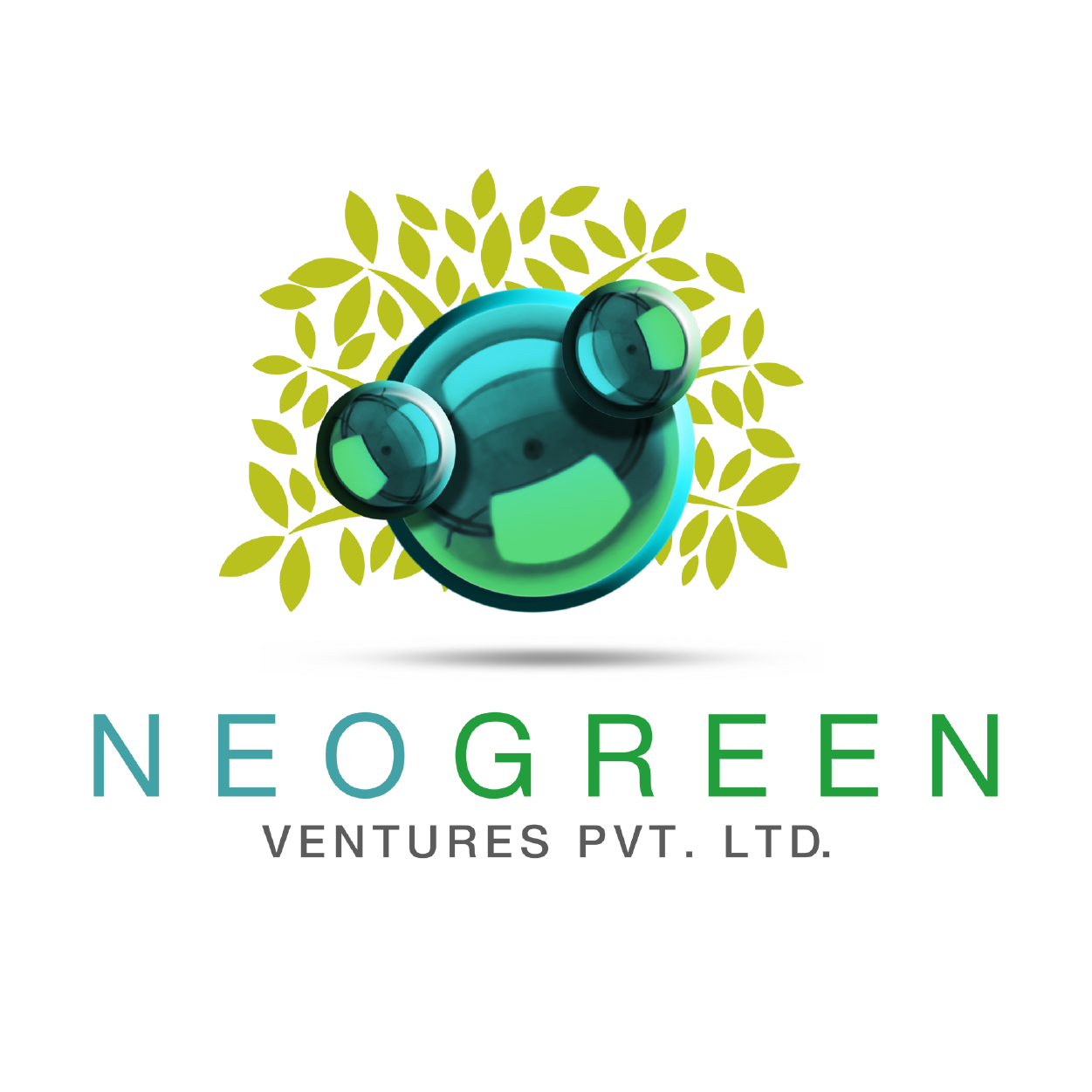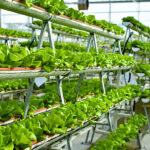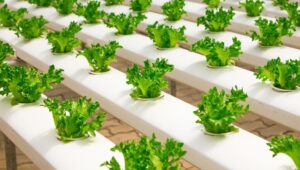All you ever wanted to know about Hydroponic Farming.
As a terminology, Hydroponics may be relatively new, however as technology, it has been around for quite some time. In fact, historians date this technology to sixth century BC. When Babylonian king Nebuchadnezzar II constructed the Hanging Gardens of Babylon as a gift for his queen. One of the seven wonders of ancient world, Hanging Gardens of Babylon used a variation of Hydroponic farming. As the science behind this technology evolves, we are getting to know more about its advantages. We now use this type of farming to grow more food from limited resources and little space.
How do you define Hydroponic farming?
Every plant needs soil to hold on and grow. However, in this type of farming, you replace soil with water. Then depending on the plant being grown, various nutrients are added to the water. These minerals which may be compounds of Nitrogen, Calcium, Potassium or Phosphorus give the plant the necessary nutrients to grow and give maximum yield.
Advantages of Hydroponic Farms
The biggest constraint which humankind is facing today is space. Hydroponic farming majorly solves the space problem. The second biggest problem is of good soil, this hi-tech farming uses water in place of soil. Plants grown by this technique yield faster output which is nutrient rich too. As more and more people acquaint themselves with this latest high yield method, it is soon gaining popularity throughout the world. If you want to take this advantage then setup your hydroponic farm with the help of Neogreen Ventures.
Utilizes less space:
Compared to traditional soil farming, Hydroponics employs the methodology of vertical farming and hence, very less space is needed. Mineral salts are mixed with water and get instantly dissolved. This means that the roots of the plants need not grow far and wide in search of nutrients. All the water and minerals the plant needs to grow is available in close proximity to the roots. This enables the plants to grow in compact spaces.
Saves water:
It is estimated that by 2025, 70% of world population will be living in areas with acute water shortage. So it is of paramount importance that we learn to conserve water. Hydroponic farming uses far less water than conventional irrigation. In fact, 98% less water is used by the plant. Plants grown by Hydroponics use only 0.1% of water. The rest of the water is returned to the atmosphere by evapotranspiration.
Micro-climate:
Hydroponic gardens are created in enclosed greenhouses. This ensures that these plants are insulated from outside weather and climatic changes. These temperature controlled greenhouses protect the plants from insects and pests, therefore no need to spray harmful pesticides. These plants can be grown all year round and not seasonally as conventionally cultivated plants. With artificial lights, even the availability of sun is not an issue anymore.
Higher outputs:
Farming done in temperature controlled greenhouses produces yields which is 240 times more than traditional methods.
Less labour:
Traditional farming means; tilling the soil, irrigation, spraying of fertilizers and pesticides. All these activities are labour intensive. Hydroponic farm can be managed by a single labourer as there are far less activities associated with Hydroponics.
Superior quality food:
Plants grown by Hydroponics can be grown all year round, this ensures that the produce is fresh. Food that is grown in specific climates and transported to other regions is often picked up raw and ripened artificially later. However, with Hydroponic farming, food can be cultivated anywhere and close to where it is going to be consumed. This enables farmers to pick up vegetables and fruits at right time when they are ripe. So there is no need for ripening the food artificially.
Neogreen Ventures, as a premium high-tech farming company employs Hydroponic Farming extensively. For those who are considering venturing into this type of farming or need assistance setting up of greenhouses can get more information on: www.neogreenventures.com




